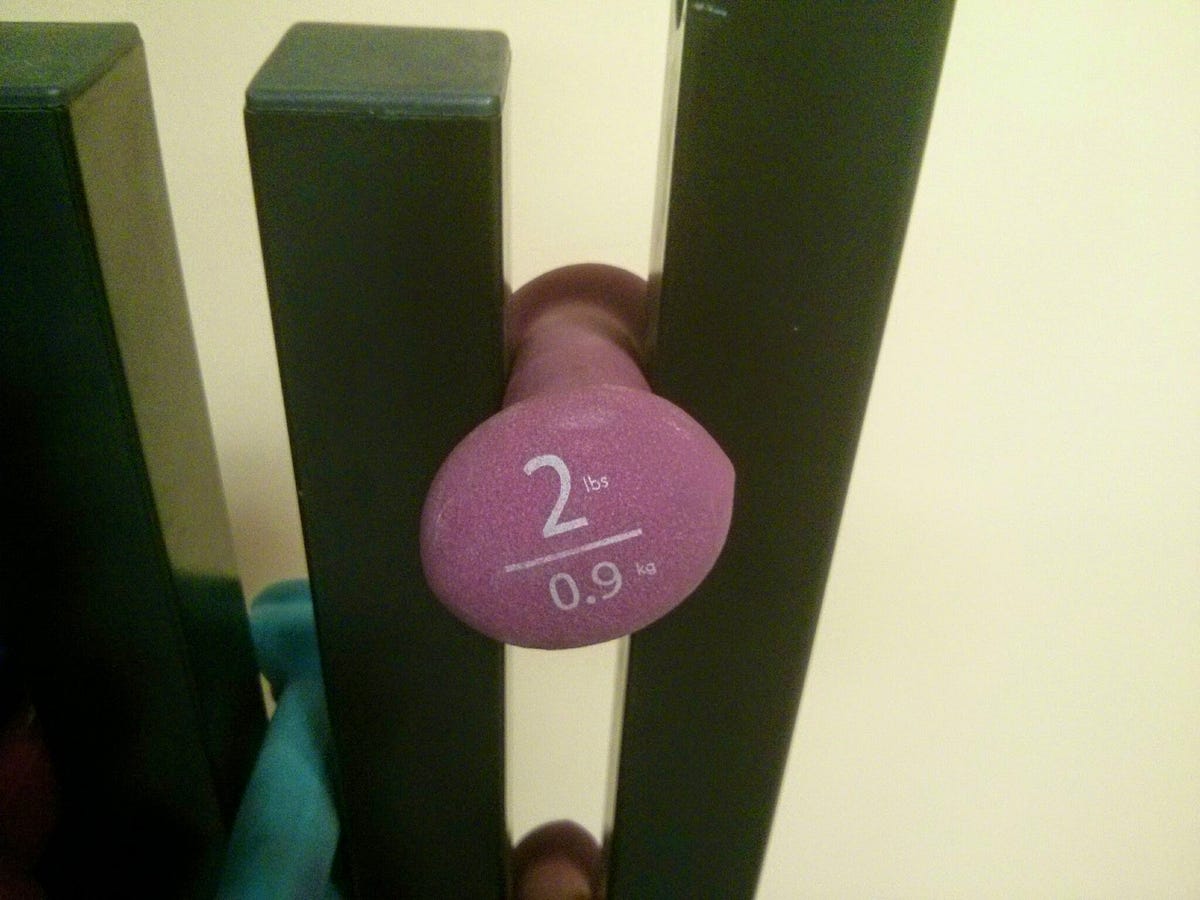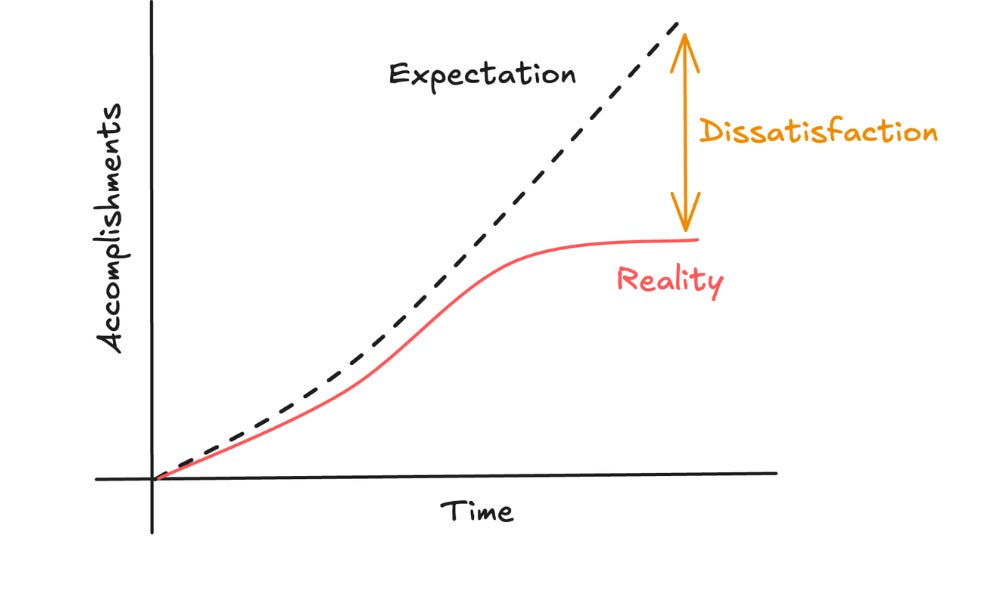
Five minutes of exercise a day could lower blood pressure
New research suggests that adding a small amount of physical activity – such as uphill walking or stair-climbing – into your day may help to lower blood pressure.
The study, published in Circulation, was carried out by experts from the ProPASS (Prospective Physical Activity, Sitting and Sleep) Consortium, an international academic collaboration led by the University of Sydney and University College London (UCL).
Just five minutes of activity a day was estimated to potentially reduce blood pressure, while replacing sedentary behaviours with 20-27 minutes of exercise per day, including uphill walking, stair-climbing, running and cycling, was also estimated to lead to a clinically meaningful reduction in blood pressure.
Joint senior author Professor Emmanuel Stamatakis, Director of the ProPASS Consortium from the Charles Perkins Centre said: “High blood pressure is one of the biggest health issues globally, but unlike some major causes of cardiovascular mortality there may be relatively accessible ways to tackle the problem in addition to medication.”
“The finding that doing as little as five extra minutes of exercise per day could be associated with measurably lower blood pressure readings emphasises how powerful short bouts of higher intensity movement could be for blood pressure management.”
























